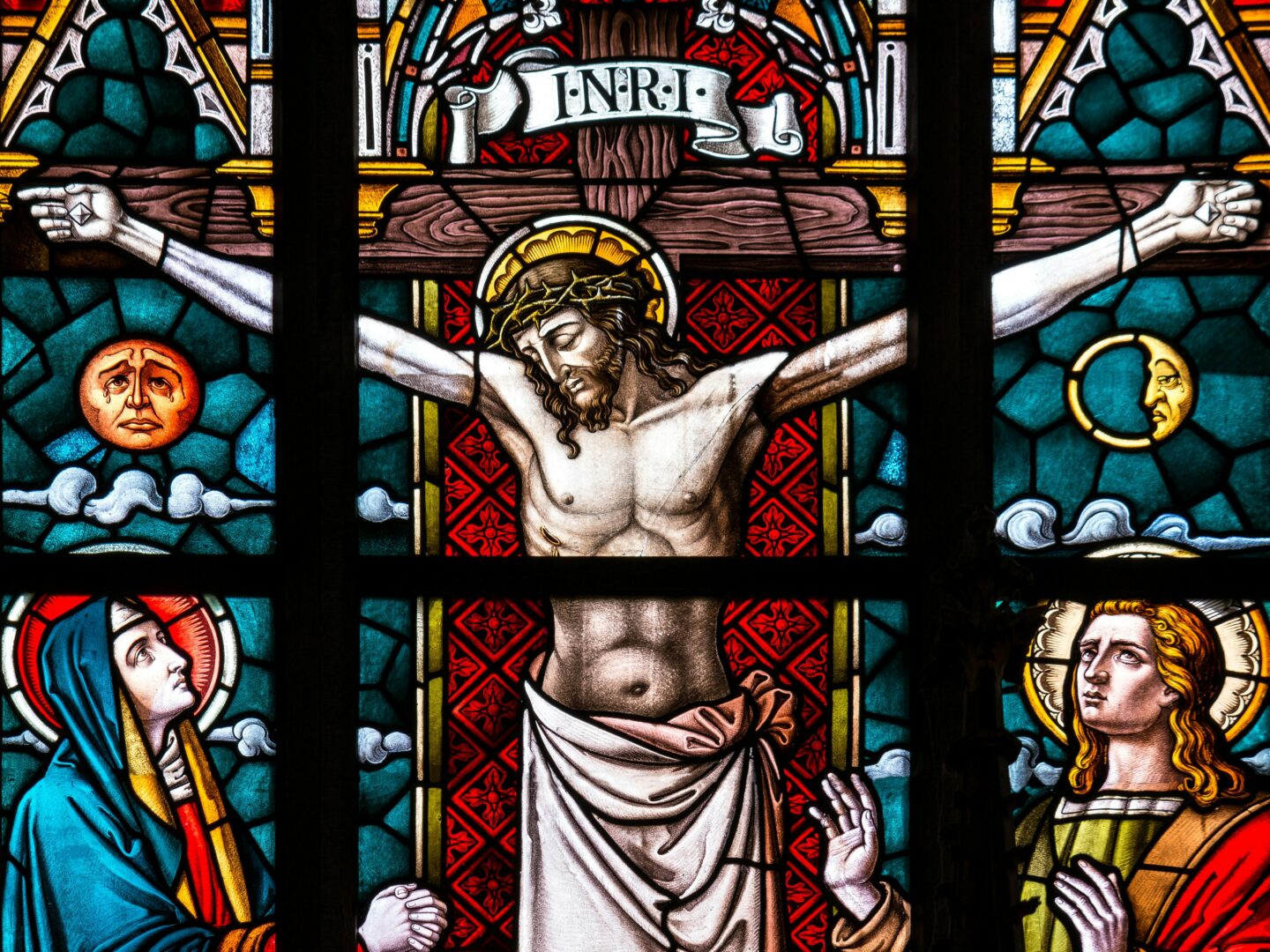Imagine the fury of the men of Galilee when a young, unmarried girl showed up in their village pregnant. They must have talked about punishments. Stoning — a legitimate penalty, condoned by Deuteronomy — would have been appropriate, although the more compassionate among them might have suggested something gentler: ostracism or banishment.
If the girl had been allowed to speak for herself, which she probably wasn’t, she might have tried to explain. The Gospels testify that something supernatural happened while she was out of doors; she had an encounter with an angel. In that case, who would have believed her? Historians put forth other theories: a rape, a lover. Those explanations would have assured her guilt.
In Luke’s Gospel, the girl with the commonest name of the time — Mary — spends the first several months of her pregnancy out of town with a cousin. The Gospel of Matthew suggests that Mary’s condition made her “a public disgrace.” Joseph agrees to marry her anyway.
When I see that a department of the Vatican, in Rome, has rebuked a group of American nuns for “radical feminism” and for speaking out of turn and has called in a man — a superior — to set things right, I think about Mary. When I see American bishops wanting to make rules about sexuality and contraception for ordinary people, I think about Mary.
A woman is at the very center of the Christian story, yet that story has been told and controlled for millennia by men.
The Bible doesn’t spend a lot of time on Mary. The Nativity story — the manger, the wise men — appear in just two of the four gospels. And although Jesus does ensure that his mother is taken care of, he is more concerned with God than he is with family. “Whoever comes to me and does not hate father and mother, wife and children, brothers and sisters, yes, and even life itself cannot be my disciple,” he said.
Mary’s glorified status was established by the Catholic tradition, and here she sets a sublime and impossible standard: She is at once brave and submissive, both a virgin and a mother. She is “blessed,” as the prayer goes, “among women.”
These paradoxes set the stage for the church’s contemporary view of women: They are equal, but inferior.
Nearly 40 years ago, in “Alone of All Her Sex,” Marina Warner presciently argued that Mary undergirds all of the church’s contemporary dissonances on gender and sex: The view “that natural law ordains that women must bear and suffer underpins the church’s continuing indefensible ban on contraception; a dualistic distaste for the material world reinforces the ideal of virginity; and an undiminished certainty that women are subordinate to men continues to make the priesthood of women unacceptable.”
But Mary has long been the Catholic Church’s best ambassador to the world — and especially to women, the ones who go to church and pray that she might save or heal or protect their children. The power of Mary lies not in her virginity, or in her mythical beauty. Mary resonates because she is every woman. She bears a son in unusual circumstances. The boy is extraordinary, and she struggles to raise him. And, in the end, she has to watch him die.
Mary was a poor girl from nowhere, living in a culture in which men made all the rules and owned all the property and women had nothing. For more than a thousand years, women like Mary have entered religious life hoping to find a safe place where they might receive an education and protection from the oppression of marriage and the dangers of child-bearing.
Today, women in Africa and Asia, where the church is growing fastest, find a friend in Mary, both comfort and inspiration. They build shrines to her in backwater shacks. It is 2012. It is time for the men in charge to let Mary speak.
